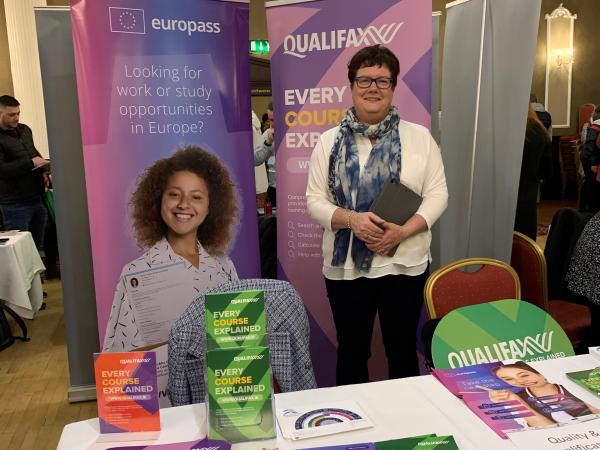Qualifax: every course explained
When it comes to your learning journey, the possibilities are endless. But it can be a little overwhelming. Qualifax can help you discover your pathway.
Our comprehensive database of up to 15,000 courses is here to help students, jobseekers, parents, guidance professionals and graduates explore their education and training options. So whether you’re a student looking for a CAO course or an employee interested in microcredentials for that next promotion, we have you covered.

Further education and training
Further education and training
Lifelong education and training options





